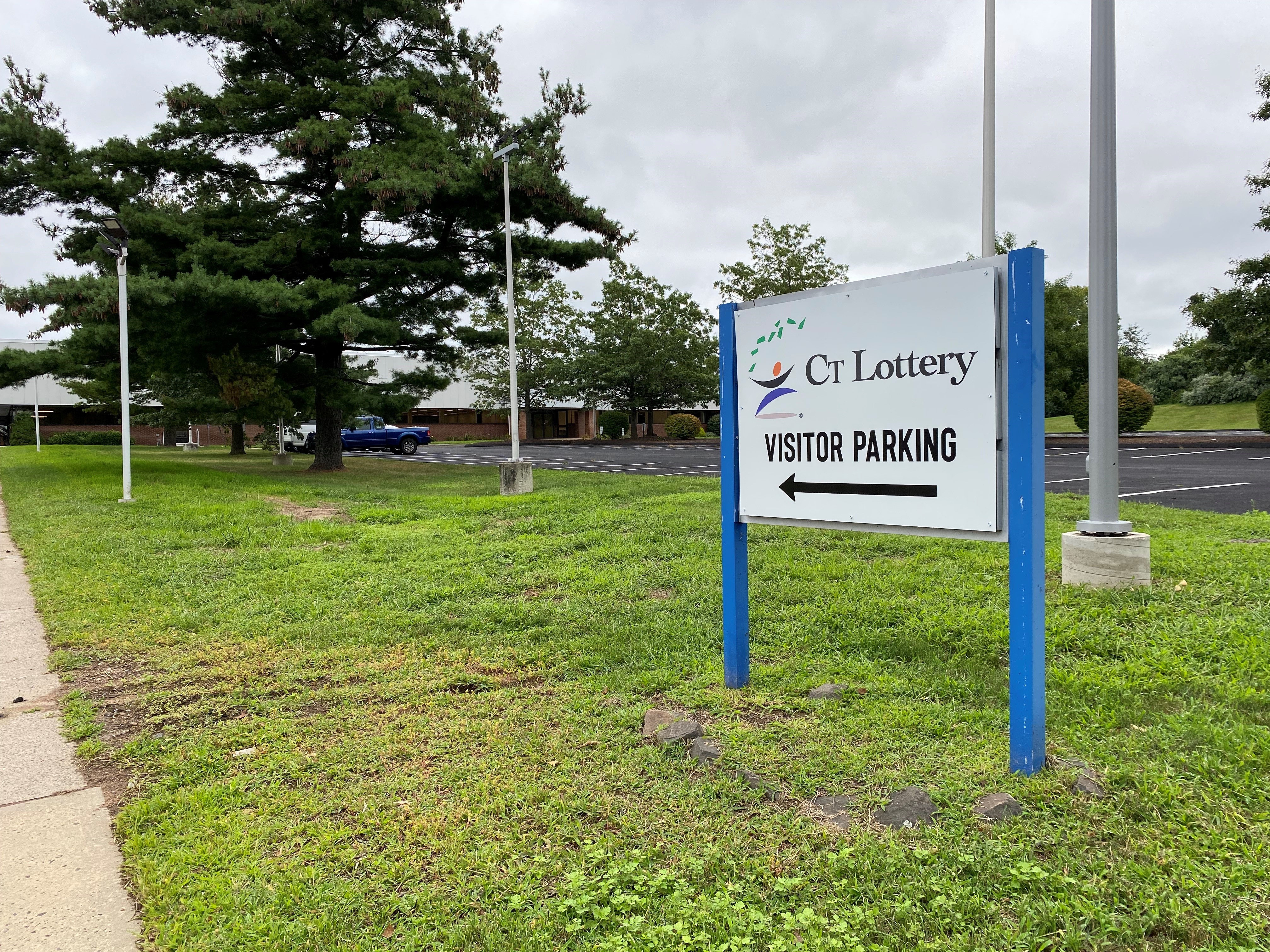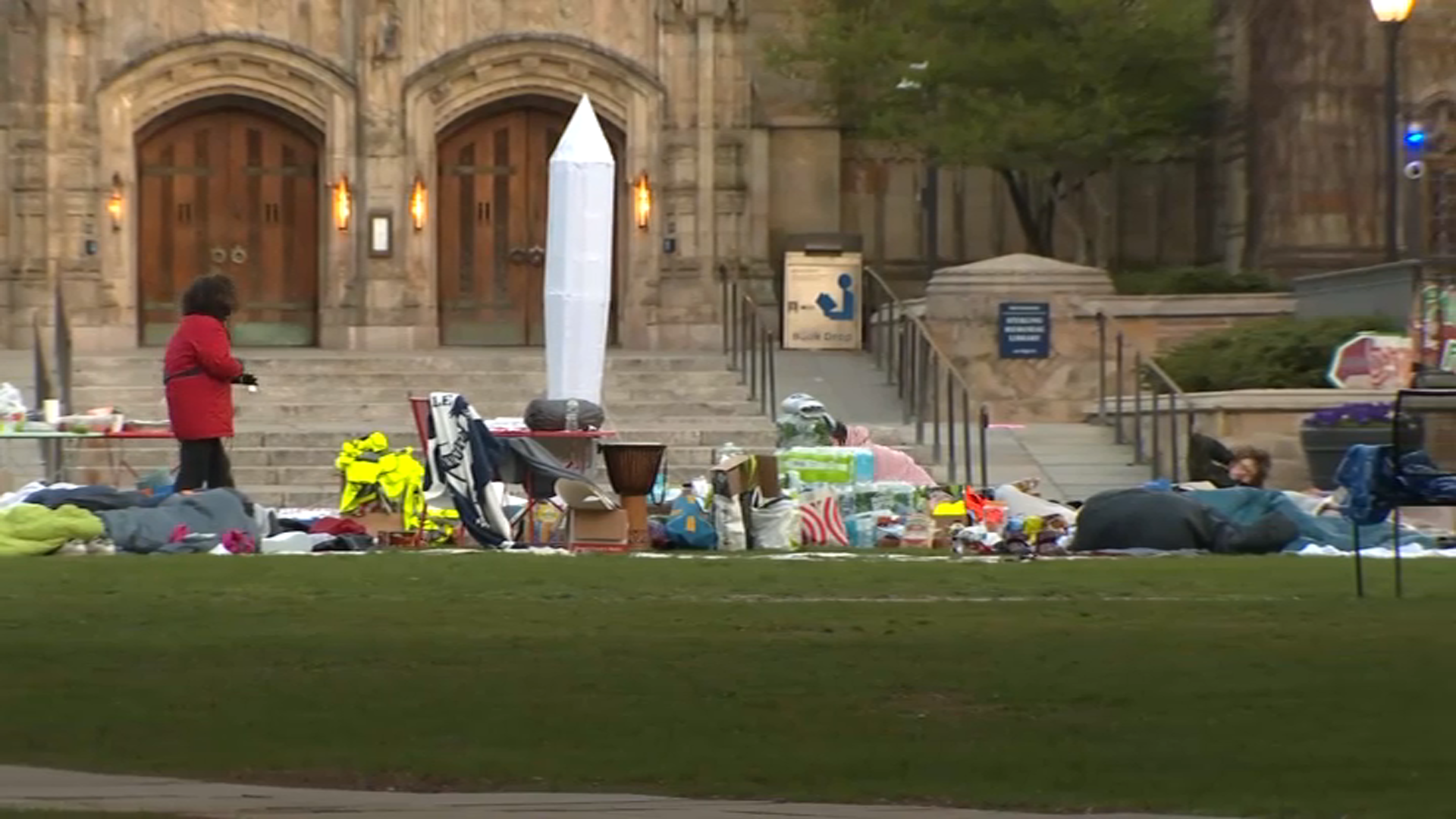A piece of history returns home to the Mohegan Tribe.
Dartmouth College returned the Samson Occom papers last week, written by the Mohegan minister and academic in the 18th century. Now, these historic documents are being used to revitalize the Tribe’s native language.
Penned in the 1700s, the Samson Occom papers are some of the earliest known samples of written Mohegan language.
It’s a spoken language that has largely been lost, but now the papers will help bring it back to life, shedding light on how Mohegan was originally spoken and written.
Get Connecticut local news, weather forecasts and entertainment stories to your inbox. Sign up for NBC Connecticut newsletters.
“Our language is our identity. Our language is from our ancestors, that is sacred. It is a gift,” Beth Regan, Council of Elders vice chairwoman, said.
Mohegan, which is in the Algonquian language family, has been spoken for centuries.
“I am called Morning Dare, of the Mohegan people, or the wolf people. That would be a common way that we would speak to someone when we greeted them,” Regan said.
Local
Although Mohegan is documented in writings, and a few well-known phrases are uttered in the territory here and there, in recent years, the language has slipped out of common use.
“We really didn't have a lot of speakers in community,” Regan said.
That is why the Tribe launched The Mohegan Language Restoration Project, which ramped up in 2017.
“We are now able to have immersion classes, and language classes, and workbook classes, and offer that to our Tribal community,” Regan said. “We now are so fortunate to have two Mohegan teachers that are more fluent than anyone has been since the time of the Fidelia Fielding."
Fielding was the Tribe’s last fluent Mohegan speaker.
“Unfortunately, she really spoke alone,” Regan said. “Most people weren't speaking, as a matter of fact, as a little girl, she was ‘whooped’ as she said, in her own words for speaking her language at school. So it was really in some ways traumatic to her. But she held on to it.”
Fielding passed away in 1908 but more than a century later, her diaries laid the foundation for Language Restoration Project. Now, the Samson Occom papers will provide yet another layer of knowledge.
“What's fascinating about the Occom papers, is that we now have an example of our language, written clearly by someone that was a speaker and spoke it with others,” Regan said. “Our language department, they're thrilled and so excited to be using the Occom papers for that reason.”
The papers were returned by Dartmouth College during a repatriation ceremony last Wednesday.
“Samson Occom was a scholar, a minister, an author. An all-around Renaissance man,” Sarah Harris, Tribal Council vice chairwoman, said.
The more than 150 documents also illuminate Occom’s personal achievements and highlight his role in founding Dartmouth University, which historically, went unmentioned.
“It's really amazing to finally be able to hear his truth the truth of the college's founding,” Harris, who is a Dartmouth alumna, said.
Now returned to their ancestral home, Occom’s papers will play a key role in language revitalization.
“We are currently revising some curriculum here and trying to revitalize our language. But as we do all these things, is the types of things that Occom would have wanted,” Harris said.
It brings emotion.
“I have a loss of words,” Regan said. “It's who we are. And I think our ancestors would be so happy to see that we're speaking it and bringing it back."
Efforts, keeping the spirt of the Mohegan ancestral heritage alive, and reclaiming it for future generations.
“My hope is that families are going to be speaking these fluently in the next generation or so. We have to start with our children,” Regan said. “I'm hoping that when I'm gone, and when the Council of Elders are gone, that this language will survive and move on.”
Anyone interested in learning more about the Tribe can visit the Tantaquidgeon Museum, the oldest Native American owned and operated museum in the country.
The Occom papers are also on display at the Cultural Preservation Center and can be viewed upon request. Appointments can be made by emailing museum@moheganmail.com or calling 860-235-8057.



